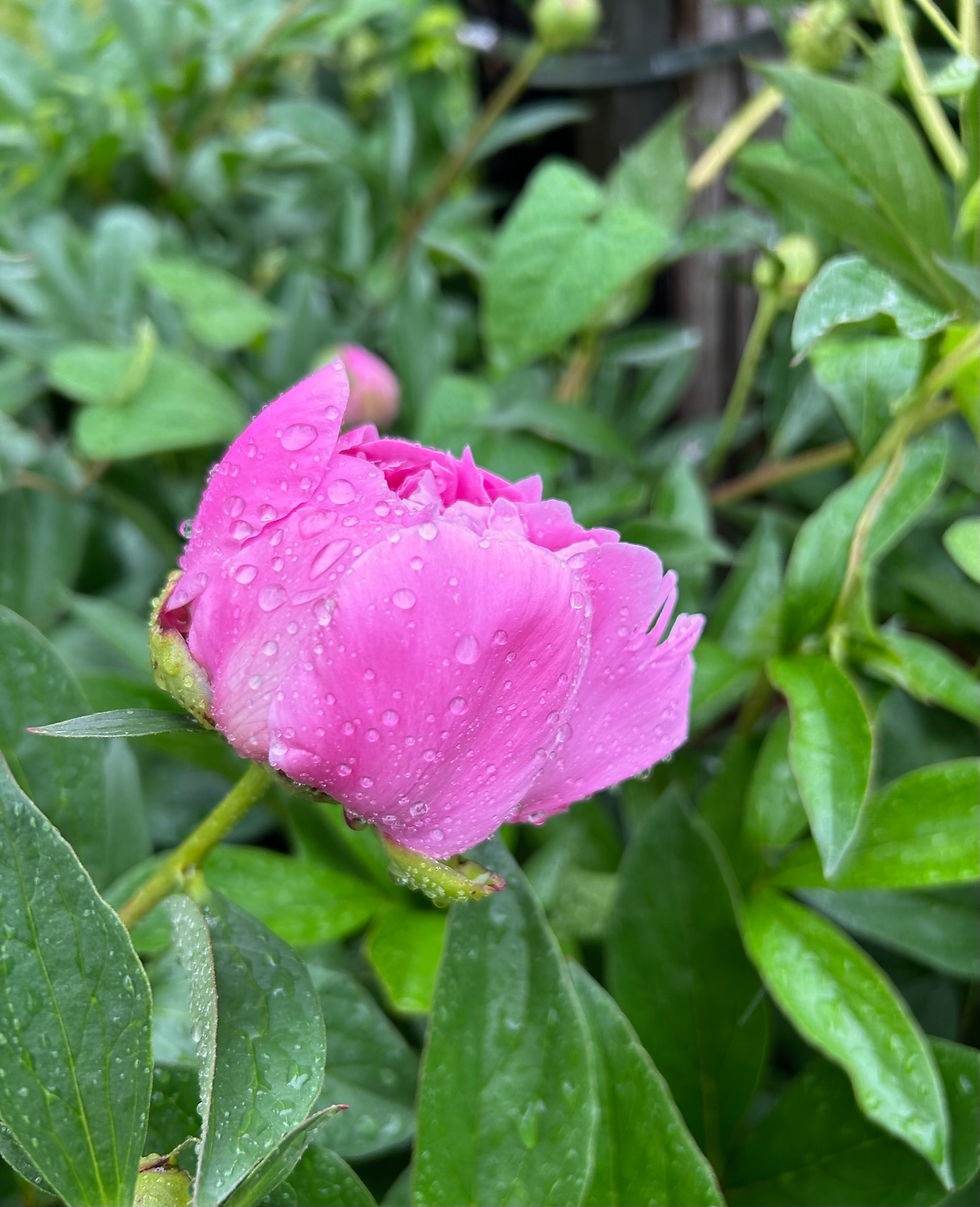When Your Heart Beats.
- cassieebrown
- May 11, 2023
- 3 min read
Hospital waiting rooms feel like thinly-veiled restlessness. To know them is to resent them—the breath of anxious love hangs in the air over furniture designed to walk the line between comfortable and easily sanitized. I sat in one yesterday with my mother passing time with small talk and cafeteria food. We waited, alongside other folks, for the results of a three-hour surgery to return her beau’s heart to healthy functioning.
For the past several days since his heart attack, she sits a little taller when the doctors remember to ask her relationship to him, this woman worrying at his bedside. She says, “Significant other.”
In this waiting room, I rested on furniture whose patterns I recognized from other hospitals—a dreary goldenrod yellow couch with a pattern of orange ginseng leaves spattered over it, an under-stuffed chair of an inoffensive, watery blue-green that never dares to be turquoise. I found no comfort in the hand-drawn pastels showing prairie sunrises in dim-green distances or the vase of hot pink shasta daisies at the empty volunteer desk.
I found comfort in his people. His mother and sisters cared for my mother deeply and sometimes in ways I can’t. They walked outside with her, when I cannot stand to see her smoking.
When we don’t know how to do the obvious things—wait, cry, mourn, pray, laugh—that’s when our people and our kin hold us in the ways our own bones cannot.
They even gave her people to fuss over in ways she could fix in the moment. “You need to eat!” she insisted over her own tiny portions.
I don’t love this man like Mom does, of course. He’s a kind and funny farmer. His eyes are usually twinkling with some sort of joke at someone’s expense. He’s only ever himself, but that is a self that is capable of evolving—as evidenced by his newfound passionate politics. Though his hands are tight with age, arthritis, and likely ache with the diabetes that strained his heart, he has a handy touch at restoring things: a muscular Camaro, a rusted antique coffee grinder, the lightness of my mother’s spirit.
I don’t know him well enough to love him, maybe. But you don’t have to love someone to owe them a debt of gratitude.
When the doctor came out to report the surgery was a success, my heart beat lighter, fiercer for all of them—the farmer, my mother, his family. I didn’t cry. There was no room in my chest for anything but gratitude.
When Mom and I walked into his ICU room this morning, he was sitting most of the way up in a thick, gray hospital recliner. Every sort of tube and wire ran from his body to machinery around him, a well-contained mess of modern medicine, but his eyes were open. Her body heaved as if in one breath she let her worst fears out in a rush. He saw Mom, and he smiled. The tiniest tears I have ever seen ran from the corners of his eyes. The sparkle of her crinkling the softest corners of his smile made my chest catch tight. My God, I swallowed tears then.
You don’t have to love someone to see how much light they bring into the world.
Driving home from the hospital it rained on me—fat droplets smacking my windshield. We’re finally getting the rain we needed this week that farmers like him have been praying for.
With the rain, our backyard peonies have burst into bloom, joining our irises in bright, late spring color. Missouri is awash with brilliant shades of green over hillsides—the deep forest shades of the cedars to the palest shades of early growth clover. It all looks lush and reassuring to my eyes. It nurtures something inside of me to see it all.
I am grateful for the clouds today. I am grateful for the gray and the cooler temperatures. I am grateful for the way the slow rain washes the clinging hospital sadness from my spirit.
There will be sun coming on its heels soon enough. It takes both to make things grow.
And when things are planted, it seems seeds sit for so long, until July hits and everything is green all at once, and the corn is taller than I am. Things grow overnight when they’re watered, and the sun shines just right.
And that’s how people grow in your heart, too.





Comments